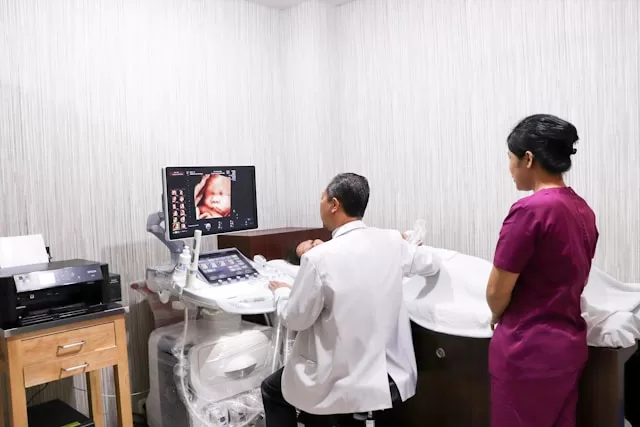In today’s age, late pregnancies have become the norm in both urban and rural households. For years, celebrities have been getting pregnant in their late 30s. However, all over India and the world, people are having children a little later than they used to before. Reasons are many, such as career growth, late marriages, health issues, financial troubles, etc. But are there any extra precautions you need to take in such cases? Experts weigh in.
Conceiving in the Late 30s
Last week, Deepika Padukone and Ranveer Singh announced that they are adding a little one to their family. Deepika is 38, and conceiving at this age is nothing short of a miracle. For ordinary folk at least, because celebs may have many resources like the best medical facilities at their disposal.
However, for the majority of people, it is a risky experience, but not impossible. Recently, late singer Siddhu Moosewala‘s Mother (58) got conceived, per reports.

Yet late pregnancies can be rewarding and fulfilling, provided you take good care of your health. By addressing any potential risks, you can be correctly prepared for the arrival of the baby. With comprehensive prenatal care, would-be moms can improve their chances of giving birth to a healthy child.
What Are the Potential Challenges in Late Pregnancies?
According to experts, regardless of the mother’s age, childbirth is a tedious and challenging situation. Especially if you are older, you should ensure certain measures to have a safe and healthy pregnancy and delivery. For this, you need to be proactive and identify potential issues. (These steps are for the mother.)

Test need to be done before pregnancy
Before conception itself, get a fertility evaluation. These tests will include the egg quality measure, ovarian reserve testing, levels of hormones, underlying conditions, and a complete reproductive health assessment. By ruling out any issues that could affect fertility in late pregnancies, you can go ahead and conceive.
Things to be taken care of during pregnancy
During the gestational period, it is crucial to get the right vitamins and supplements needed for the foetus’s growth. You may need to take prenatal supplements like folic acid, calcium, iron, omega-3, vitamin D, and DHA during pregnancy to ensure the health of mother and kid.
They can also minimise the risk of medical and birth defects. Genetic screening like non-invasive prenatal tests is advisable to rule out issues like Down syndrome and other chromosomal abnormalities.

Things you can experience after pregnancy
You may have heard of post-partum depression, which has a higher chance of affecting mothers who go through late pregnancies. Hence, they need constant emotional support, guidance, and stress-reducing practices. It is important that they feel loved and taken care of, among family and elders.

For the Couple and Family
Parents and in-laws of the future mom, her husband or partner and other family can give them the right attention throughout this phase. Keep them away from tobacco, alcohol, etc., and make sure they get good sleep and exercise. Talk to their gynaecologist regularly and seek counselling if required. With these tips, you can plan safe and secure late pregnancies.


